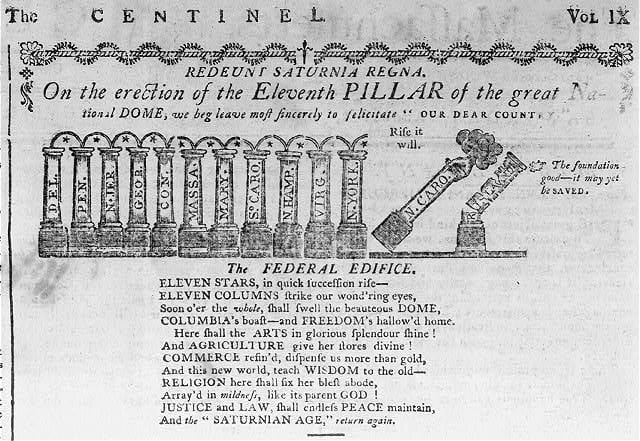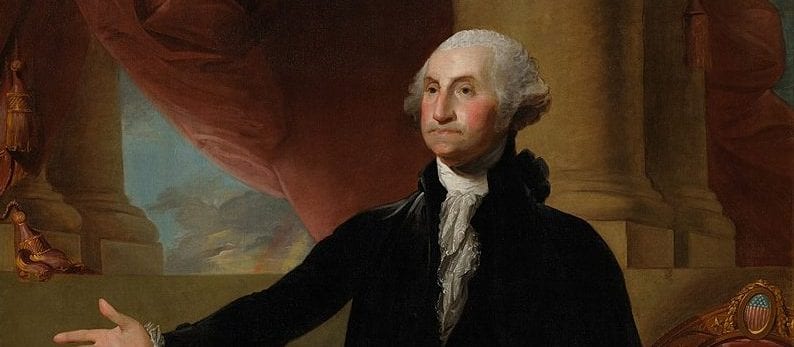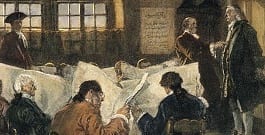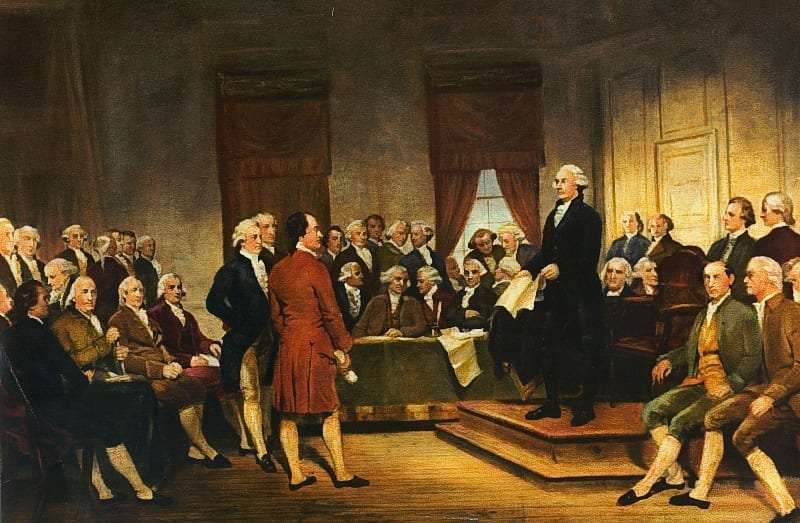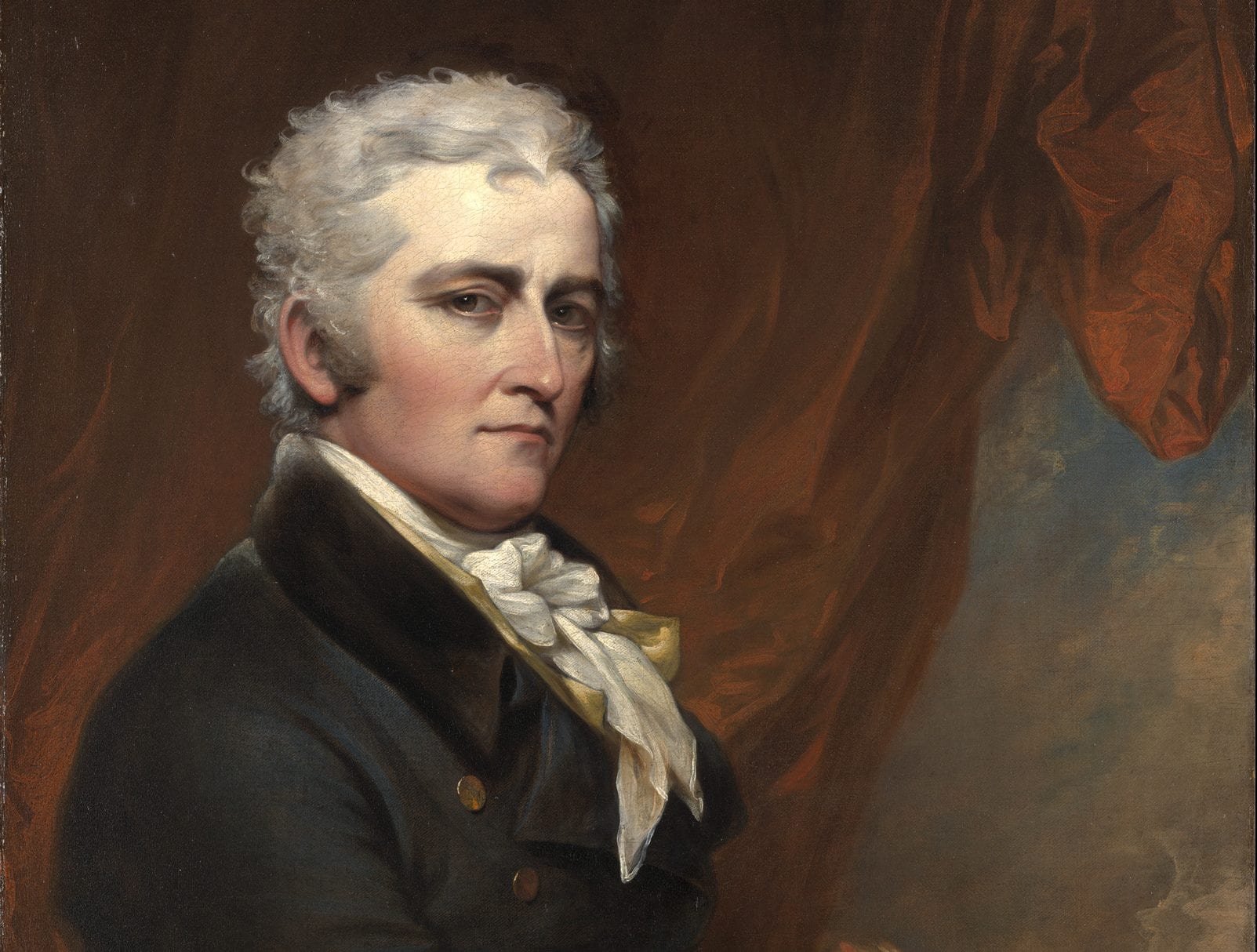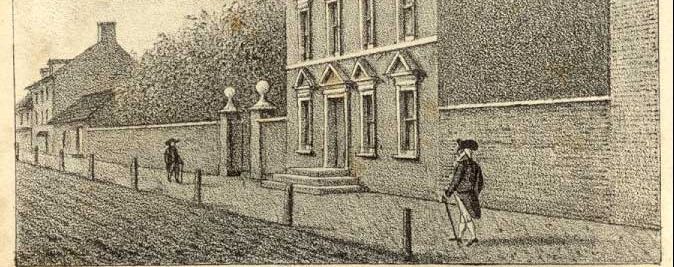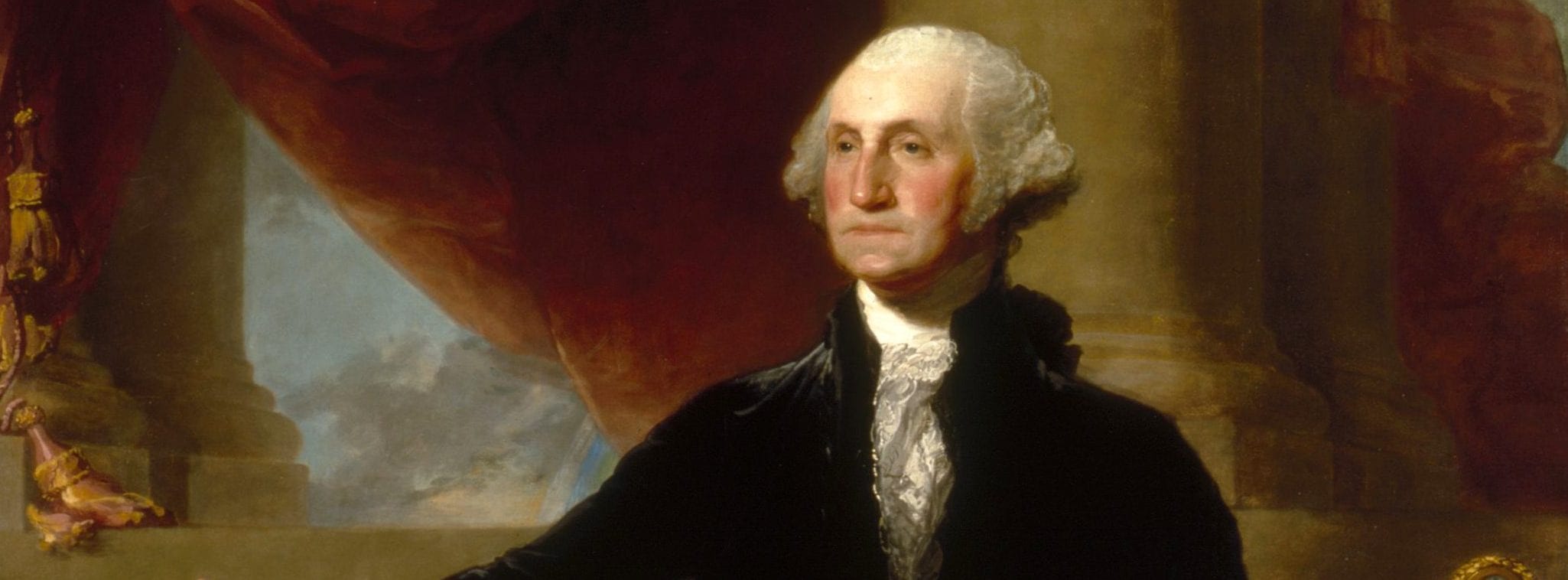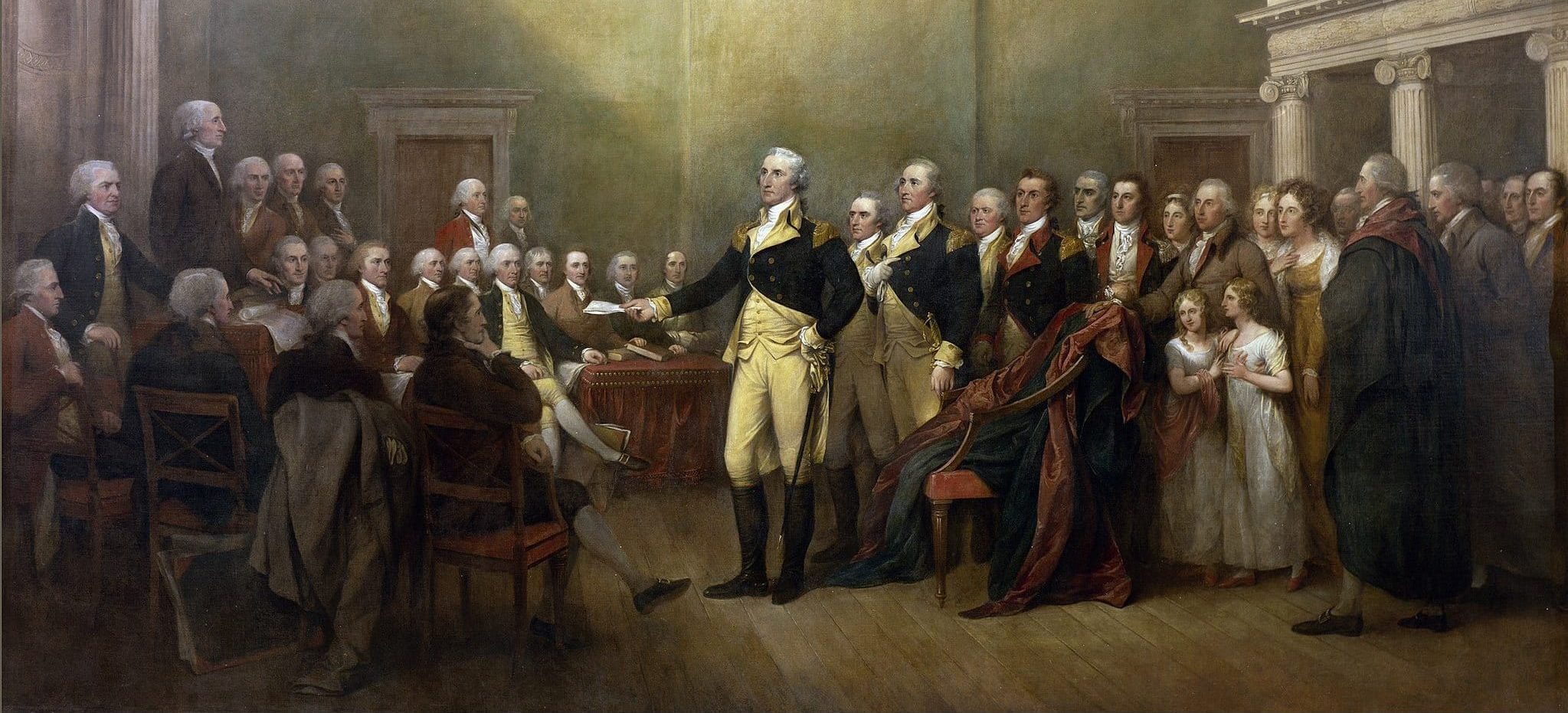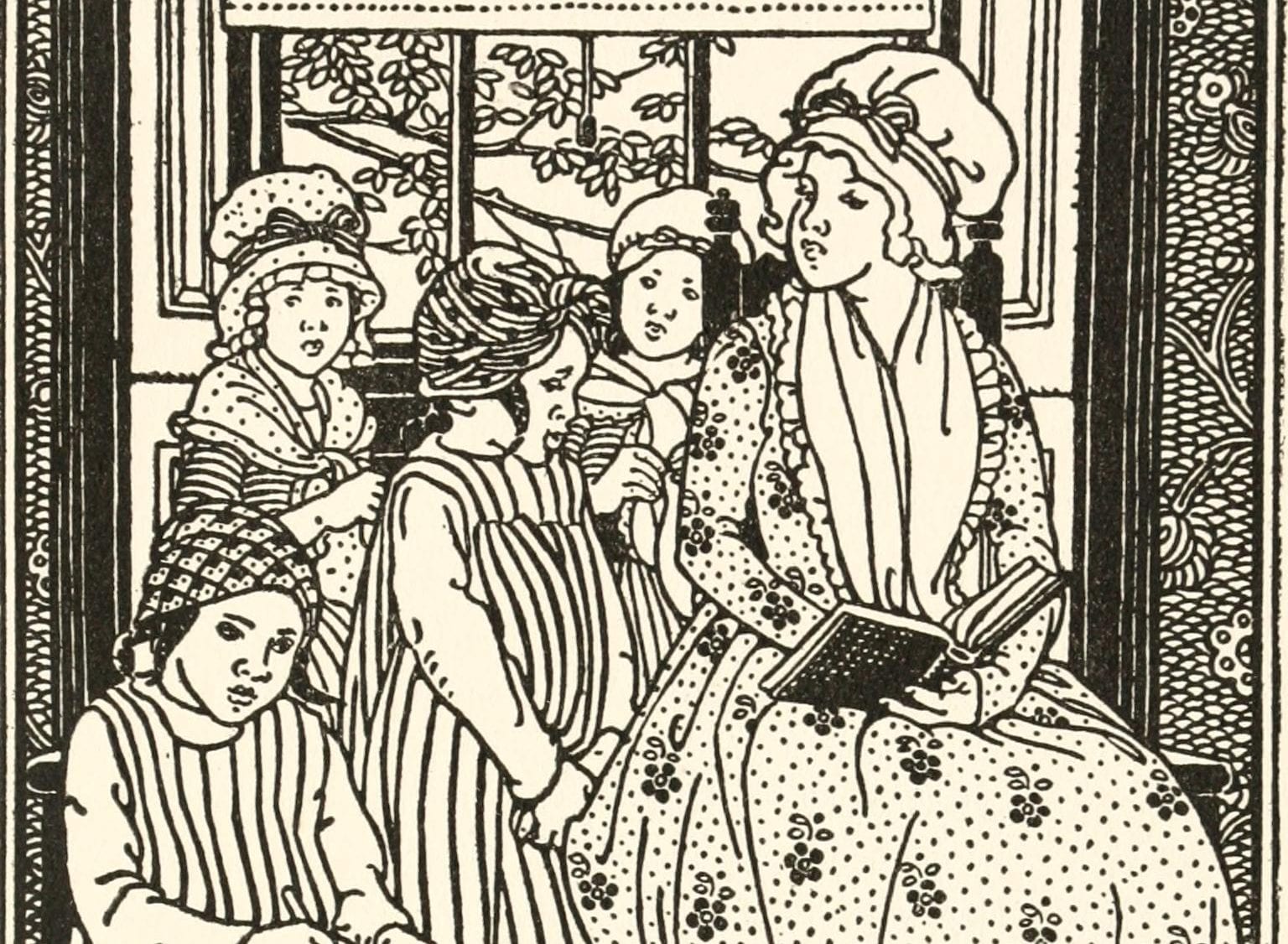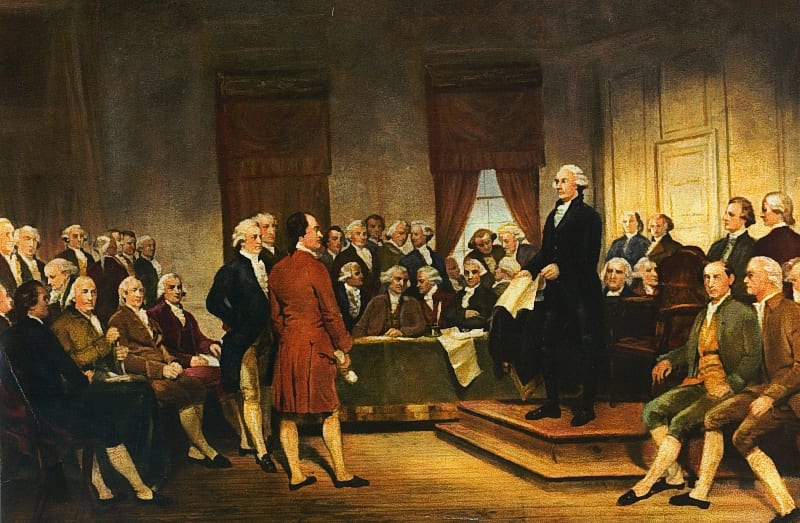
Introduction
THE GEORGIA ASSEMBLY CALLS THE STATE CONVENTION
The Georgia Assembly called the state Convention on 16 October in the midst of preparation for war with the Creek Indians, and probably without knowing what most of the other states were doing. The only news of official action from other states published in Georgia before the assembly took action was the Pennsylvania Assembly’s resolutions calling that state’s Convention which appeared in the Savannah newspaper on 18 October. Georgia’s Convention was also called before any public discussion of the Constitution by Georgians in the state’s two newspapers. Nor, so far as the extant sources reveal, was there much private commentary about the Constitution either before or after 16 October.
Two different copies of the Constitution reached Georgia almost simultaneously. On 10 October Governor George Mathews in Augusta and received the broadside copy which had been printed for the Constitutional Convention on 17 September. It was enclosed in a letter written that day by the two Georgia delegates who were in the Convention on the day it adjourned—Abraham Baldwin and William Few. This copy of the Constitution was printed in the Augusta Georgia State Gazette on Saturday, 13 October.
Two days earlier, on 11 October, a later broadside version of the Constitution was printed in the Savannah Gazette of the State of Georgia. It had been brought from New York by William Pierce, who had arrived in Savanna on 10 October. Pierce had left the Convention for New York in July, and as a member of Congress, he was present during the debate on the Constitution on 26, 27, 28 September. The copy of the Constitution he brought to Savannah on 10 October was the congressional broadside of 28 September which contained the Constitution and the congressional resolution of 28 September transmitting the Constitution to the states. Meanwhile, when Pierce arrived on the 10th, he wrote to Governor Mathews and enclosed Charles Thomson’s circular letter of 28 September to the state executives, a letter which contained the congressional broadside of 28 September.
On Monday, 15 October, the Governor laid the Abraham Baldwin—William Few letter of 17 September and the Convention broadside of the Constitution before the Executive Council. The next day he laid Pierce’s letter of 10 October, Charles Thomson’s letter of 28 September, and the congressional broadside of the same date before the Council, which ordered the documents “laid before the legislature at their next meeting.”
On the 20th, a week after it reprinted the Convention broadside of the Constitution, the Augusta newspaper reprinted the congressional resolution of 28 September from the congressional broadside of that date.
The Governor had called the Assembly to meet in special session in September because of the threat of Indian war. However, a quorum was not attained until 18 Ocotber. The Governor sent a message to the Assembly that day urging it to improve the defenses of the state and to take measures to improve the credit of the state’s depreciating paper money. But he did not mention of the Constitution, which was apparently among the “dispatches and business” which were presented to the Assembly along with his message.
IT would seem that Governor Mathews was far more interested in preparing for war with the Creek Nation than in the Constitution. On 10 October, the day he received the letter from Baldwin and Few, he sent a copy of the proceedings of the “Federal Convention” to Governor John Sevier of the State of Franklin. But he did not comment upon those proceedings. Instead, he told Sevier that when the Assembly met, the first order of business would be defense. He added that he hoped that “with our united exertions we shall soon be able to crush the power of that insidious people and restore peace and harmony to our frontiers.”
The Assembly evidently agreed with the Governor. Letters by assemblymen on the 15th, before a quorum was obtained, and on the 22nd, after the session began, indicate the overriding concern with preparations for war. The Assembly occupied itself with defense matters for a week before it resolved on 25 October to consider the Constitution the following day.
On the morning of the 26th, the Assembly began by accepting the resignations of a justice of the peace and of a commissioner appointed “to fix on a proper place for the seat of government.” The Assembly then read for a second time “An Act for suppressing violence of the Indians.” A lowcountry member moved an amendment to allow the Governor and Council to receive proposals from the Indians, and if necessary, suspend hostilities until the Assembly could be called to decide upon the proposals. The upcountry delegates defeated the amendment on a roll—call vote, and the act was sent to the Council for its “perusal and advice…”
Then, without any indication that a committee had been appointed to draft them, or of a debate or a vote, the Assembly adopted the resolutions calling the state Convention. Thereafter the Assembly continued with its regular business by reading for the first time an act amending the act regulating courts of law, and by reading a petition from Chatham County praying for amendments to the state constitution. The petition was ordered deposited in the clerk’s office, and the Assembly adjourned for the day.
The resolutions calling the State Convention provided for the election of not more than three delegates from each county on 4 December, the date of the annual Assembly elections, and for the Convention to meet in Augusta on 25 December, a week before the new Assembly convened. The quorum of the Convention was to consist of a majority of the delegates (seventeen), and the state constitution’s prohibition of dual officeholding was waived. The intent was evidently to help ensure a quorum and to allow Georgia’s leaders—assemblymen, councilors, and other officeholders—to be elected to the Convention.
The resolutions contained a provision unlike any adopted by the other state legislatures. The Convention was empowered “to adopt or reject any part or the whole” Constitution, thus opening the way for partial ratification.
When George Washington learned of it, he commented “that Georgia has accompanied her act of appointment with powers to alter, amend, and whatnot. But, if a weak state, with powerful tribes of Indians in its rear and the Spaniards on its flank, do not incline to embrace a strong general government, there must, I should think, be either wickedness or insanity in their conduct.”
Except where another location is indicated, the documents referred to in this introduction are printed in this section.
[Note. Abraham Baldwin and William Few’s letter of 17 September and the enclosed copy of the 17 September Convention broadside of the Constitution, Charles Thomson’s letter of 28 September and the enclosed copy of the 28 September congressional broadside of the Constitution, and William Pierce’s letter of 10 October have not been located. The above account of the arrival and printing of the broadside versions of the Constitution, and their transmission to the Executive Council and to the Assembly, is based on the contents of the state’s two newspapers, and on the Governor’s letter of 10 October and the Council Journals printed below.]
Governor, George Mathews to Joseph Martin Augusta, 8 October
I received yours of the 4th instant by Major (James?) Walton, and have to inform you that it will be perfectly agreeable that you should attend at the meeting of the Indians as proposed, and should anything of consequence transpire must request that you’ll give us the earliest information. Nothing official from the Federal Convention has as yet arrived; therefore can say nothing on that head.
Governor George Mathews to Governor John Sevier Augusta, 10 October
A sufficient number of members to constitute a house not meeting at the time appointed, those present adjourned until Monday the 15 instant at which time, I have not a doubt but a house will be formed, when the defense of the state will be the first object of their deliberations. Should an expedition be carried into the Creek Nation, as most assuredly there will, I shall take the earliest opportunity, by express, of informing you of our intended operations, and I flatter myself that with our united exertions we shall soon be able to crush the power of that insidious people and restore peace and harmony to our frontiers.
I have just received a letter from our delegates at the Federal Convention enclosing the proceedings of that body which I send for your information.
Gazette of the State of Georgia, 11 October
Yesterday arrived here, after a passage of seven days from New York, the sloop Friendship, Captain Burnham, in which came passengers, the Honorable William Pierce (one of the delegates from this state to Congress and to the late Convention), Mrs. Pierce, and family, Mrs. Cope and family, Mrs. Legget, Miss Valeau, Mr. Bates, Mr. Shaw, and Mr. Chandler.
Executive Council Minutes, 15, 16, October
(15 October) A letter from the Honorable Abraham Baldwin and William Few, esquires dated 17 September with enclosures…
Ordered to be laid before the legislature at their next meeting.
(16 October) A letter dated 10th instant from the Honorable William Pierce, Esquire enclosing two letters from the Secretary of Congress dated the 3d and 28 September was read.
Ordered to be laid before the legislature at their next meeting…
Extract of a Letter from Augusta 15 October
It is now two weeks this day since my arrival here, at which time only thirty members of the Assembly attended. There being a great necessity for forming a house, ten days further was allowed for collecting, and those who had been here some time were permitted to return home during that period. This is the day [15 October] on which they were to return; but, as they come in very slow, we begin to fear we shall not be able to form a house— if we do not by the 18th, we shall give up all hope and return to Savannah. Our lower country members are tardy, and our upper ones are generally engaged in defending their families and property on the frontiers. Should we fail in making a house, I know not what will be the consequences. It now appears absolutely necessary that an army of at least 2000 men be raised against the savages, who are numerous on our frontier counties, and in force round and near the forts and stations in which the inhabitants have taken shelter. They have killed, in all, fifty—one white and black. The ground on which General [Elijah] Clark fought first has been since examined and twenty—eight dead Indians found; his loss was six killed and twelve wounded. We have now on our frontiers a sufficient force to act on the defensive and cover the settlements from the depredations of the savages. In case the legislature does not meet, the Executive will declare the state in alarm, when martial law will in some measure take place. Much confusion and destruction of property may be then expected.
Governor George Mathews to William Pierce Augusta, 16 October
I had the pleasure of receiving your favors of the 25 September and 10th instant; the attention you have paid to the interest of this state merit my warmest approbation. Your letter to Mr. Gardoque and his answer is ordered to be published. Enclosed is my order on the Secretary at War [Henry Knox] for the arms and military stores. I have to request you’d lose no time in having them brought to this state, for such is our situation that we engaged in a war without the means requisite to prosecute it, and a number of the members of Assembly on this critical and alarming occasion decline rendering their country any service or discharging the trust reposed in them by their constituents. How they can reconcile it to their feelings is a matter difficult for me to say. Such is my present situation that from a variety of difficulties I am at a loss what steps to pursue.
James Habersham to John Habersham Augusta, 17 October
(A.M) (excerpt) I am obliged to attend the members immediately. I really fear we should not make a house. WE had no more than 25 members yesterday and we now lack 24 members.
(P.M.) Since writing you this morning, eleven members have arrived so that we are now in great hopes of making a house. I mention this because I would not throw out any discouragements to the members of our county coming up immediately. I am glad to find the people below are taking steps to provide for our safety as much as possible. It is right to guard against the worst.
Federalist 1
October 27, 1787
Conversation-based seminars for collegial PD, one-day and multi-day seminars, graduate credit seminars (MA degree), online and in-person.




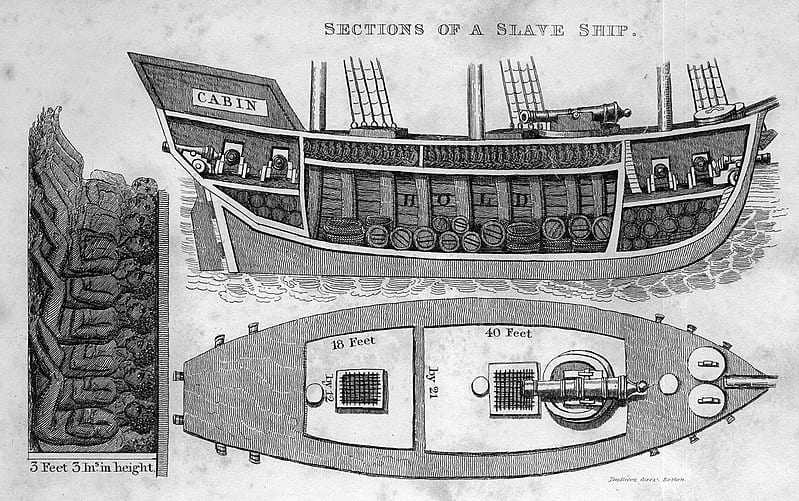






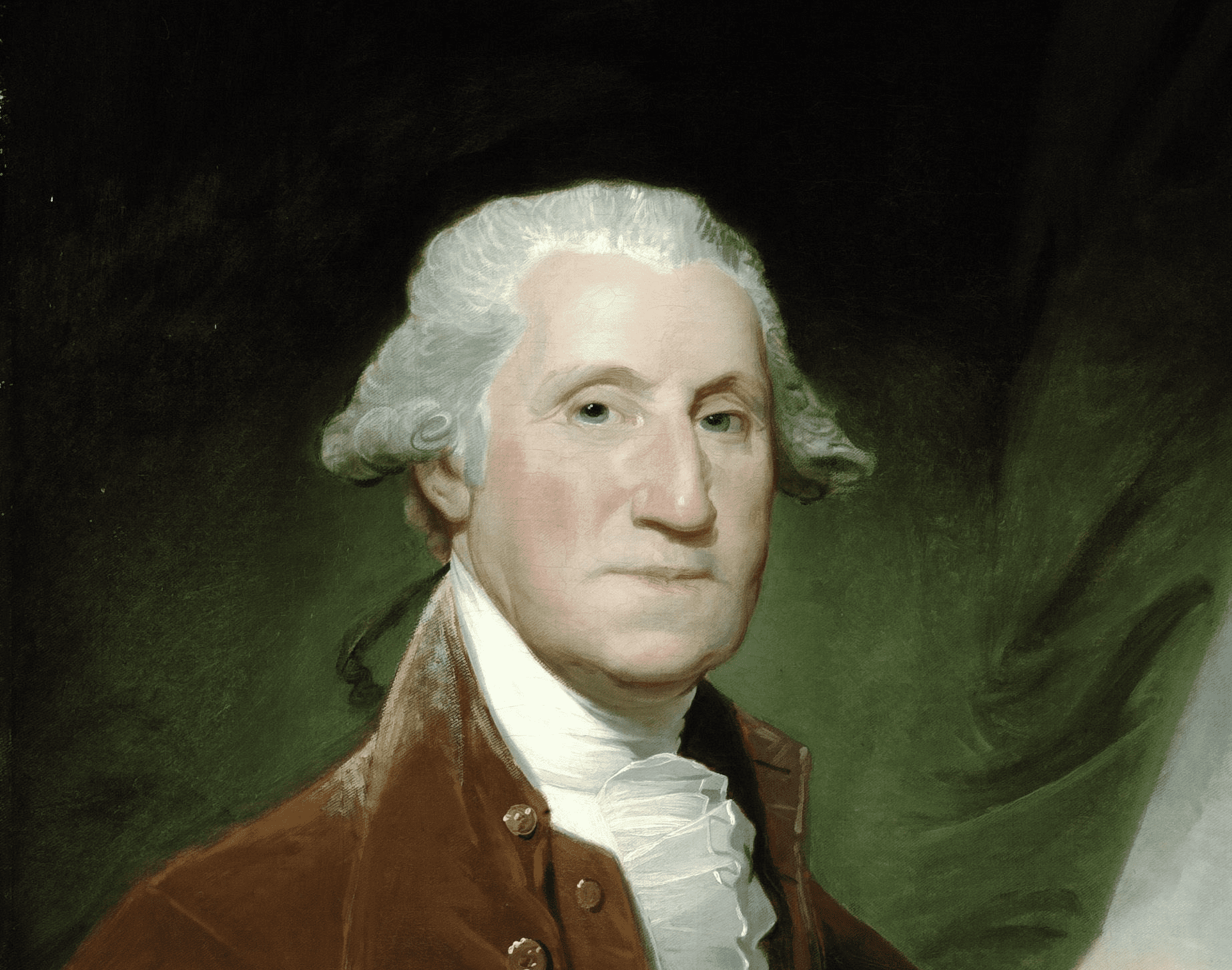















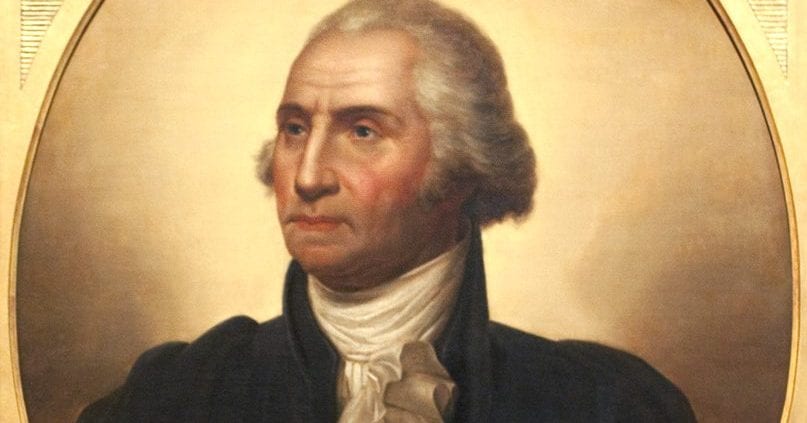
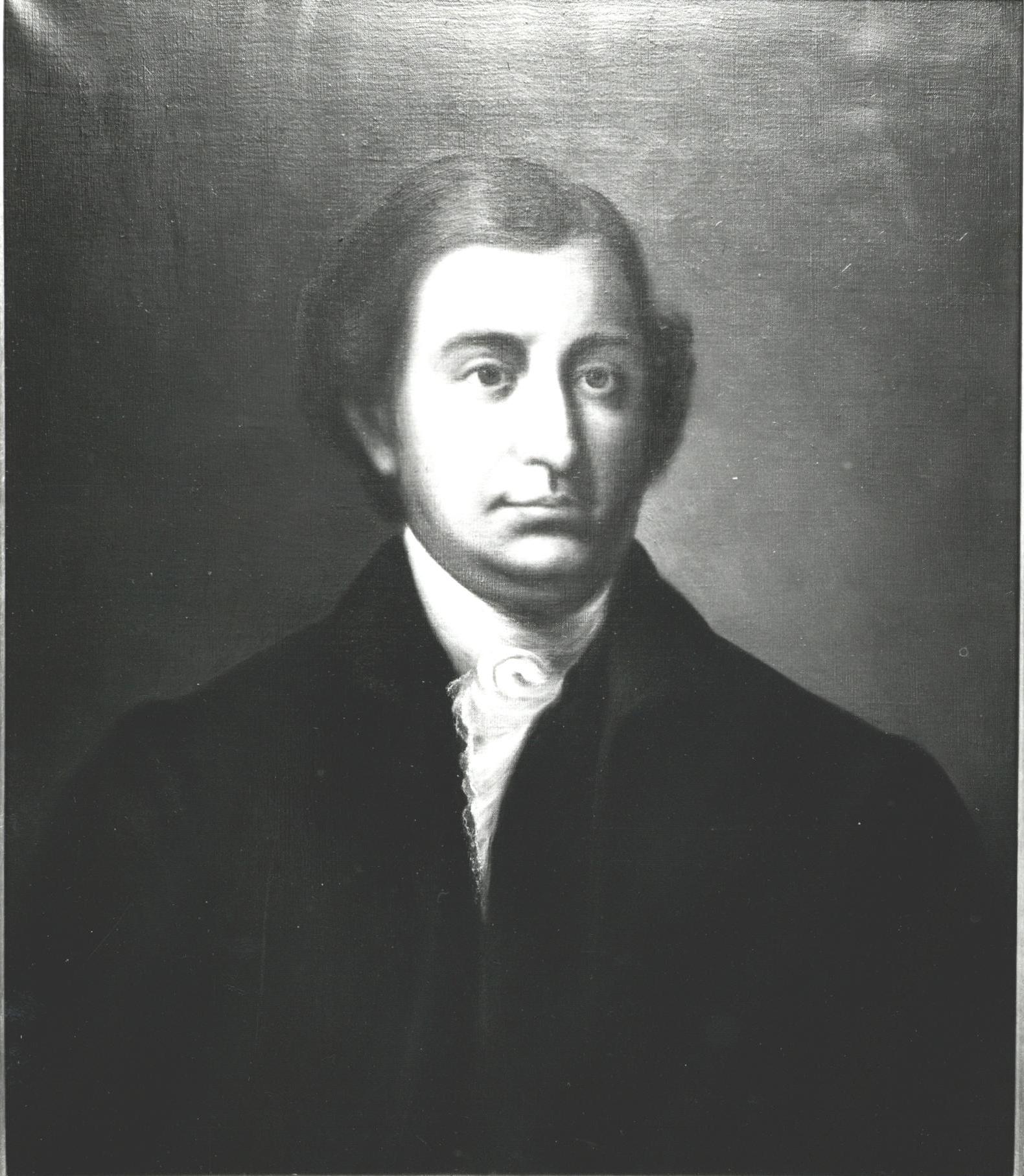
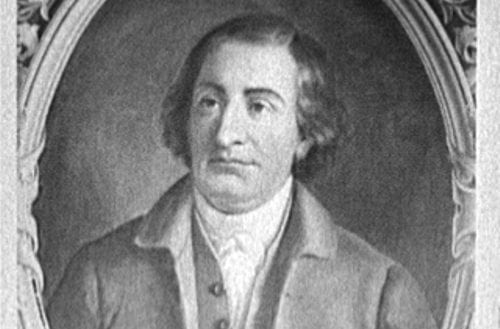
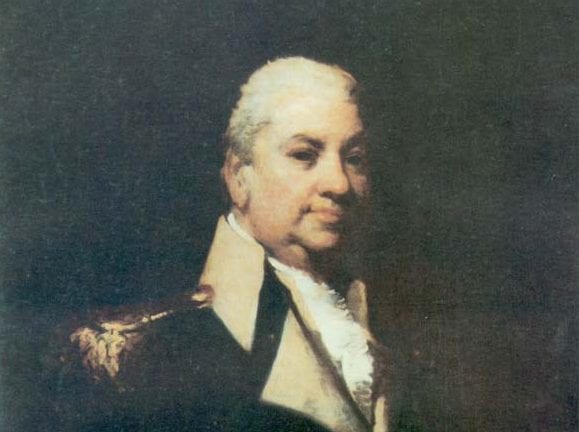




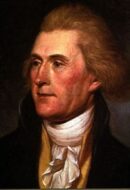













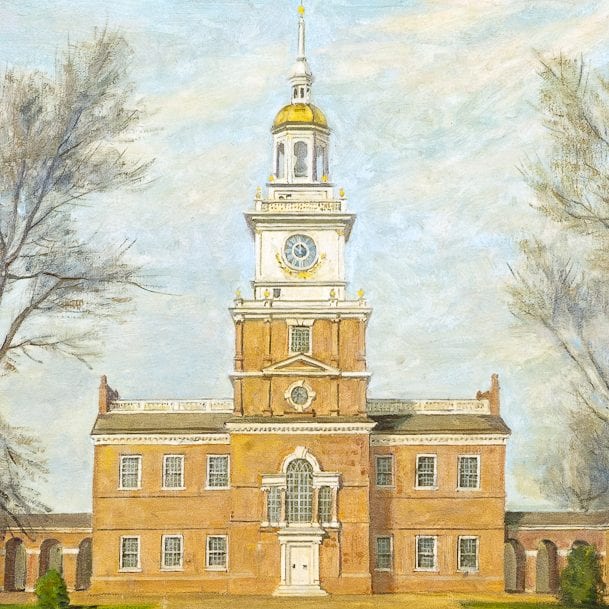

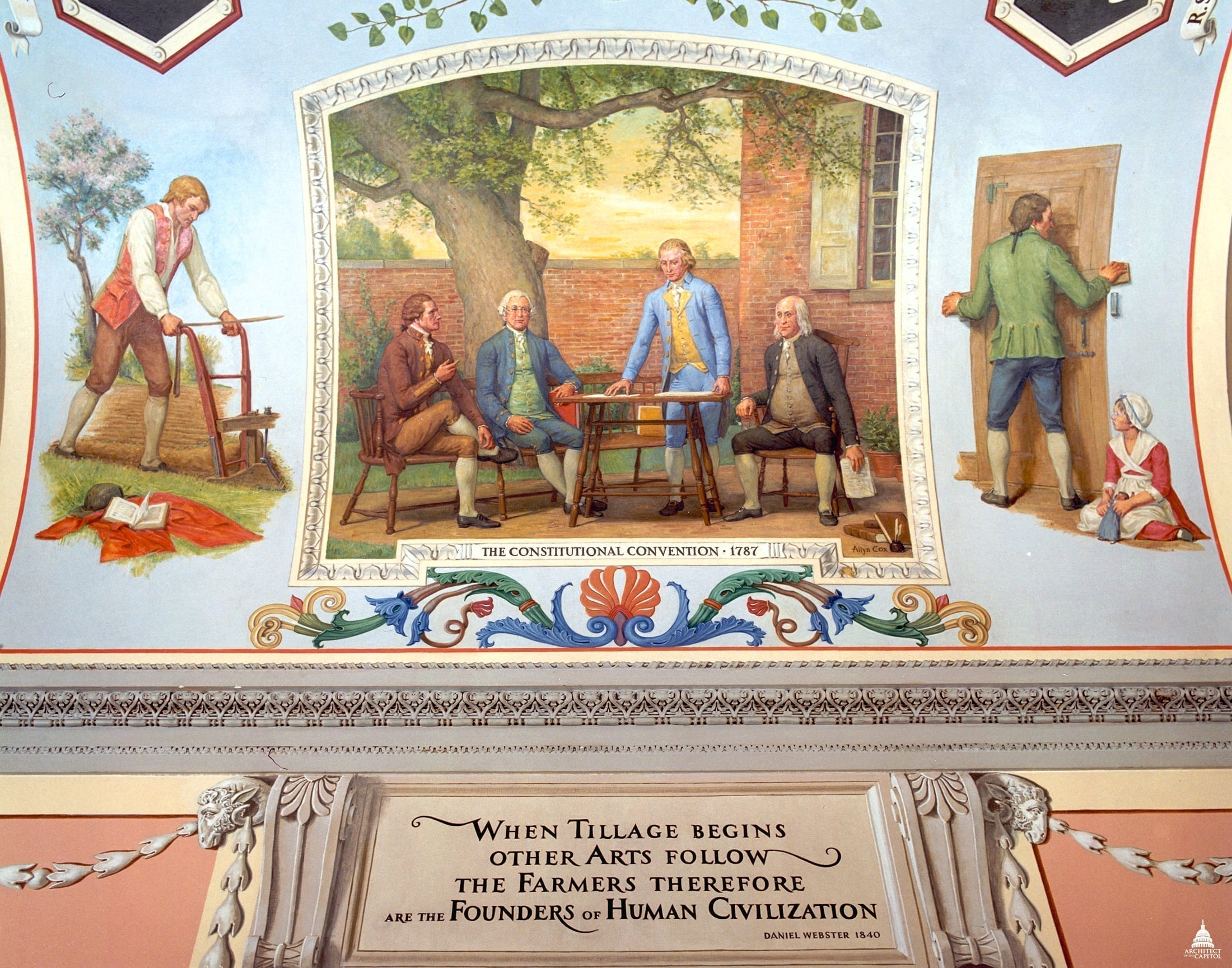

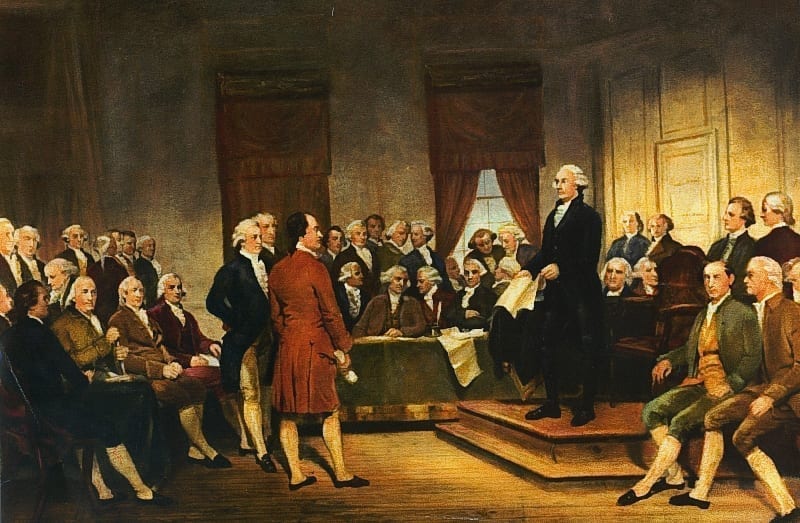


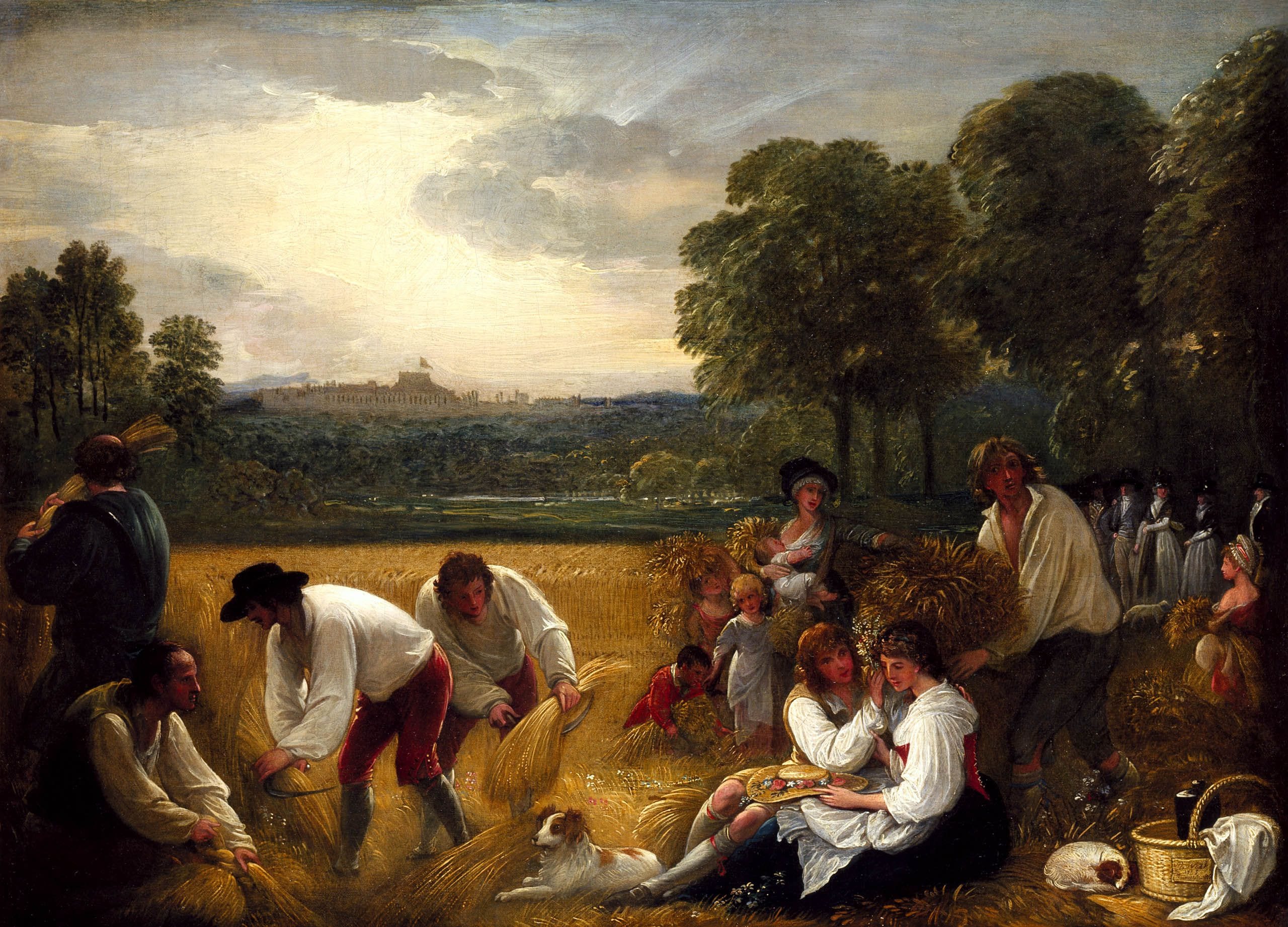


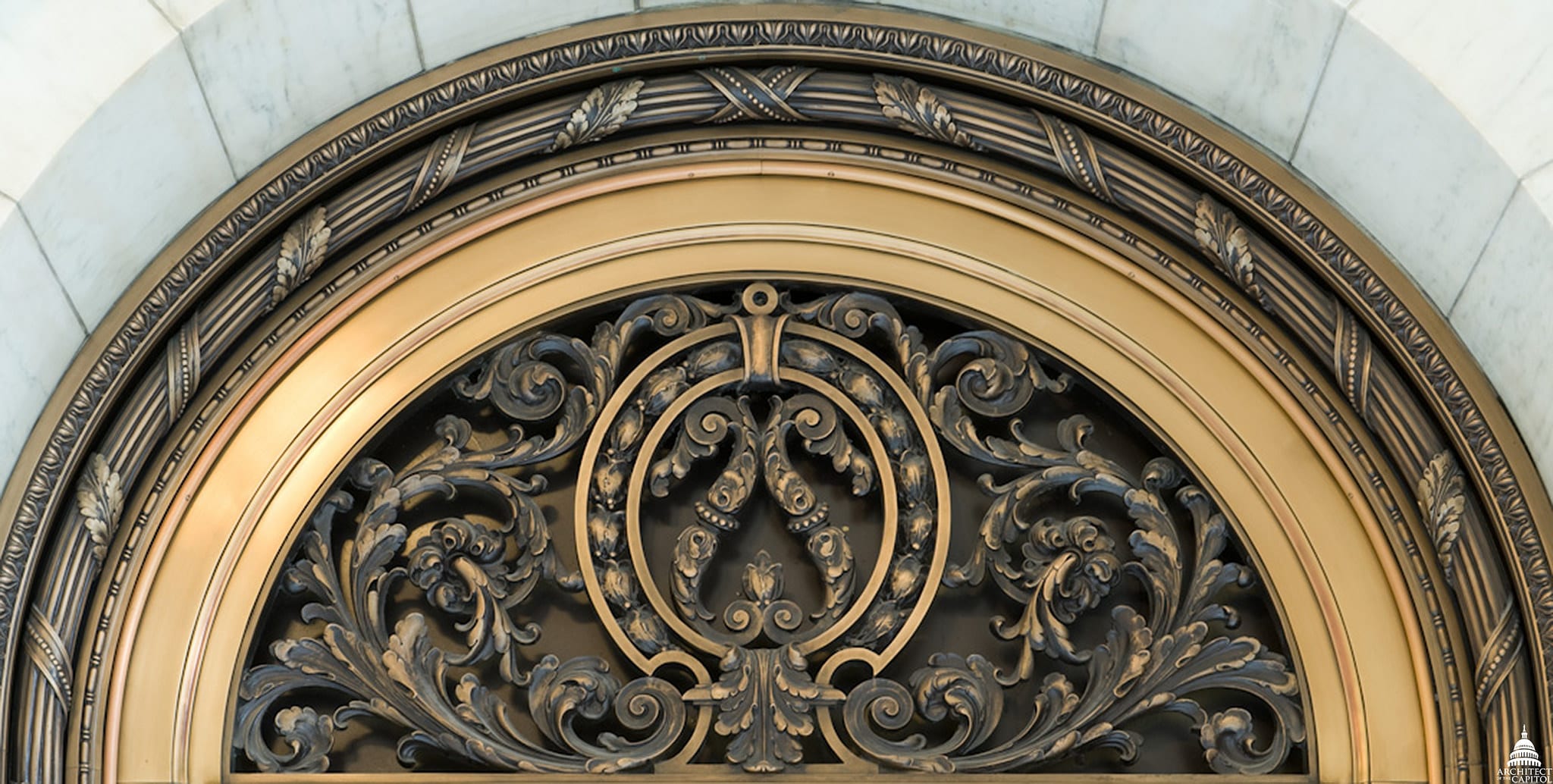













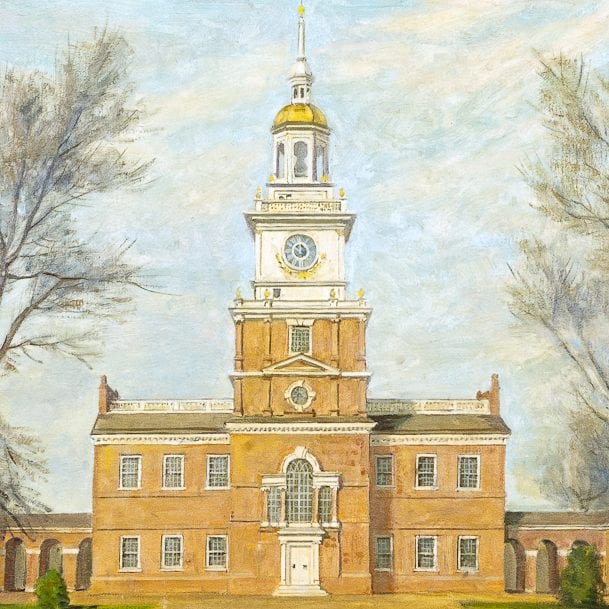
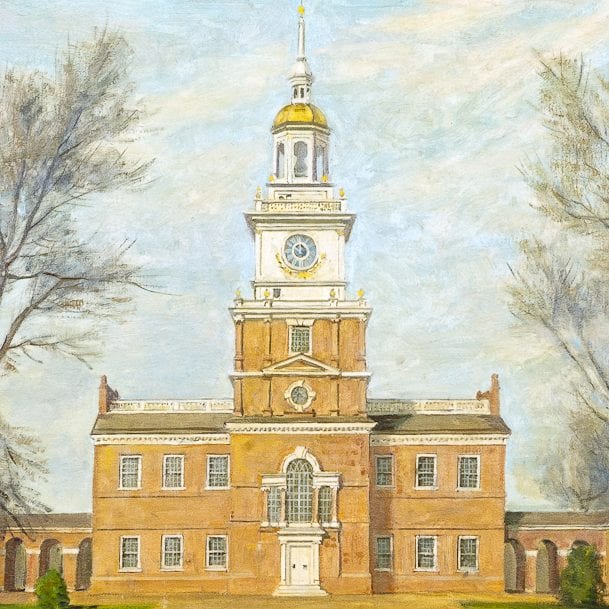






































































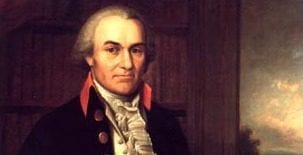



























![Finley, A. (1829) Pennsylvania. Philada. [Map] Retrieved from the Library of Congress, https://www.loc.gov/item/98688548/.](/content/uploads/2024/02/Map-of-PA--273x190.jpg)





















